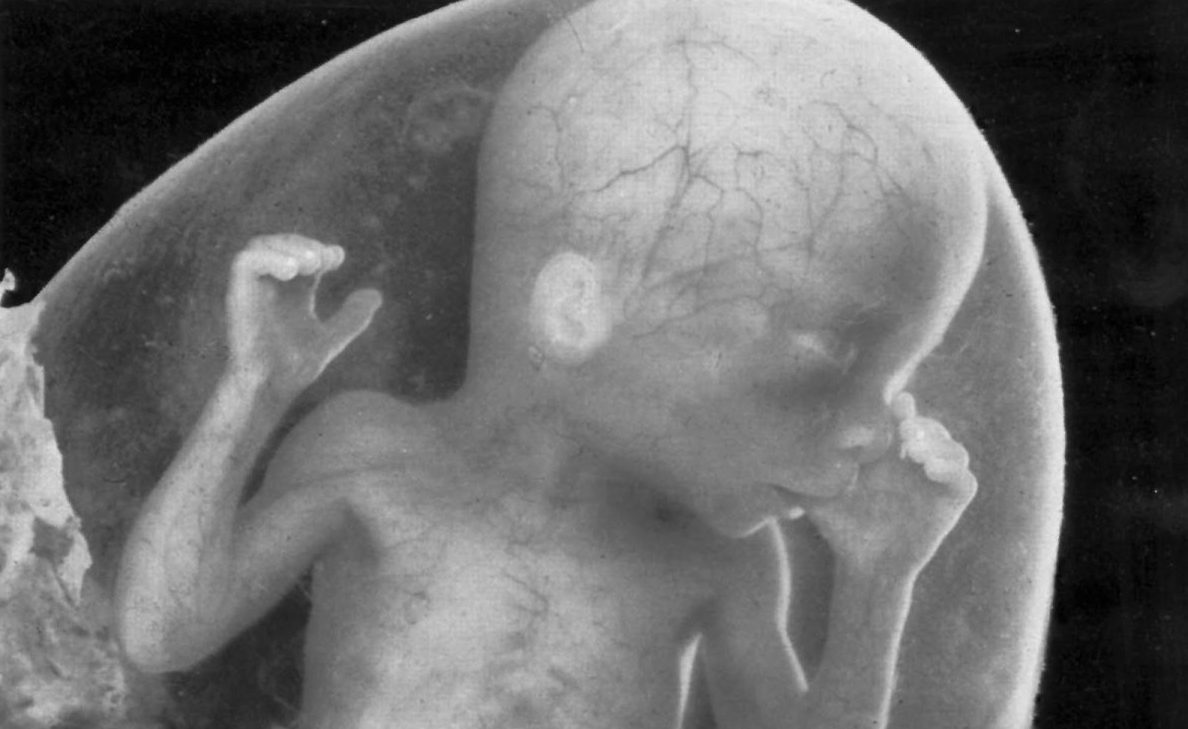Countless comparisons have been made over the years between slavery and abortion – so many that some pro-abortion advocates undoubtedly roll their eyes and sigh when the topics are placed side by side.
Well, at the risk of being dismissed straight away, I’m going to do just that – not to compare the two gruesome institutions, although parallels abound, but to consider similarities in thought among some of those who have defended each as well as to point out the utter shortcomings of these defenses.
Inspired by the film of the same name (which I have not yet seen, preferring first to read the book), I recently undertook reading Twelve Years a Slave, in which Solomon Northup, a free black man living in pre-Civil War America, recounts his experiences of being kidnapped, sold into slavery, and forced to live the life of a slave for twelve years until his rescue.
Northup endured untold cruelties during those twelve years, but he also encountered kindness – particularly in his first master, William Ford. Reflecting on Ford, Northup writes:
He is now a Baptist preacher…. In many northern minds, perhaps, the idea of a man holding his brother man in servitude, and the traffic in human flesh, may seem altogether incompatible with their conceptions of a moral and religious life… But … it is but simple justice to him when I say, in my opinion, there never was a more kind, noble, candid, Christian man than William Ford. The influences and associations that had always surrounded him, blinded him to the inherent wrong at the bottom of the system of Slavery…. Looking through the same medium with his fathers before him, he saw things in the same light. Brought up under other circumstances and other influences, his notions would undoubtedly have been different.
With the benefit of distance, perspective, and – mercifully – the abolition of the atrocious institution of slavery, we can easily conclude that Ford – kind though he may have been – hardly stands justified by his ignorance. And this despite Northup’s generosity in describing him.
Yet, it is true that Ford was “blinded” by the influences that surrounded him, by the culture and way of life that taught slavery as not only normal but also necessary. Indeed, speaking of the irony of the first slave “pen” in which he found himself in Washington, D.C., Northup writes:
Strange as it may seem, within plain sight of this same house, looking down from its commanding height upon it, was the Capitol. The voices of patriotic representatives boasting of freedom and equality, and the rattling of the poor slave’s chains, also commingled. A slave pen within the very shadow of the Capitol!
Although it’s been often said before, it bears repeating. Today, within the echo of those who cry liberty and equality stand the modern-day slave pens: the abortion clinics where the helpless innocent are sentenced not to servitude, but to death.
For a time, in abortion’s earlier days – before scientific advancements removed all doubt for those willing to see truth – one might have been able to paraphrase Northup in describing those who fought for the killing of the unborn: blinded by the influences and associations that surrounded them, instructed by a culture that saw abortion as normal, influenced by a society unconvinced of the life of the unborn, they were unaware of the inherent wrong of abortion.
But just as Ford’s ignorance fails to acquit him of the guilt of enslaving another, so any supposed past ignorance cannot acquit the abortion advocate of the guilt of killing another.
Moreover, as science has advanced, any “justification” of ignorance due to cultural influences has proven itself utterly deficient.
The guilt of abortion today is not one of ignorance, of blinded mis-belief, or of cultural influence. It is one of willful disregard of the indisputable truth that science has confirmed time and again: the truth of life in the womb.
Just as the slaveholders of yesterday – many of whom were supposedly upstanding men and women in their communities – bemoaned the abolition of slavery for fear of losing their lifestyles, so the abortion advocates of today – many of whom seem “upstanding” in our own communities – bemoan the abolition of abortion for fear of losing their lifestyle choices.
If the former cannot be justified, neither can the latter.







